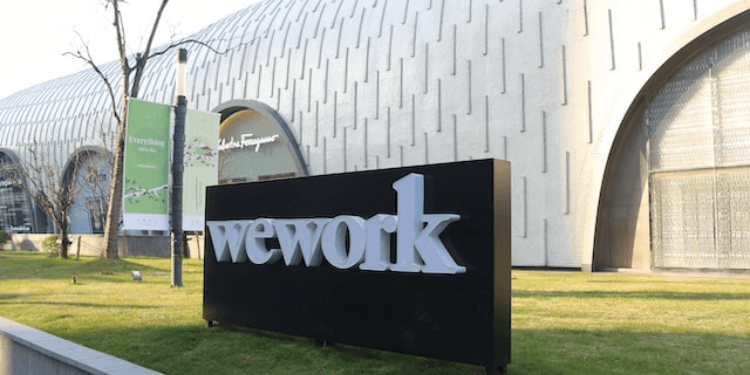Facing a significant decline in demand for its co-working spaces, WeWork is reportedly close to filing for Chapter 11 bankruptcy in New Jersey. The Wall Street Journal sources have brought attention to this financial jeopardy, aligning with WeWork’s warning from August that “substantial doubt exists about the company’s ability to continue as a going concern.”
The global pandemic intensified challenges for WeWork. The remote work trend saw companies vacate offices, leading to a dip in demand for WeWork spaces. Despite businesses resuming office operations, WeWork’s appeal hasn’t reached its former glory.
Recent developments highlight WeWork’s financial struggles. Earlier in the month, the company missed bondholder interest payments, receiving a 30-day extension to fulfill its obligations. On a related note, WeWork’s discussions with “certain stakeholders in its capital structure”, including notable names like SoftBank and Goldman Sachs, aim to optimize its financial health and “rationalize its real estate footprint.”
In a snapshot of their financial woes, WeWork’s August report revealed a Q2 net loss of $397 million, despite a 4% YoY revenue rise to $877 million. The interim CEO, David Tolley, pinpointed reasons: “Excess supply in commercial real estate, increasing competition in flexible space, and macroeconomic volatility drove higher member churn and softer demand than we anticipated, resulting in a slight decline in memberships.”
For marketers, WeWork’s trajectory highlights the critical need to pivot business strategies in response to global shifts, ensuring that even well-established brands remain resilient and relevant in changing landscapes.




















































